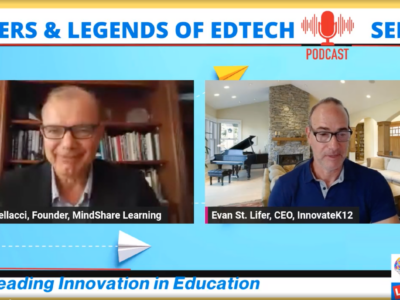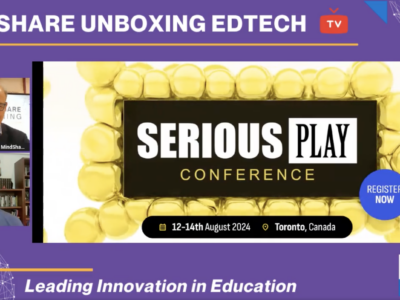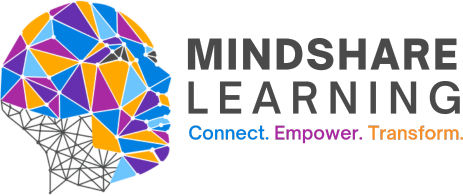 Dr. Jeremy Friedburg, trained in molecular genetics and biotechnology, and now a long-time game-based learning educator for the sciences as a founding partner of Spongelab Interactive. We met at his offices in downtown Toronto.
Dr. Jeremy Friedburg, trained in molecular genetics and biotechnology, and now a long-time game-based learning educator for the sciences as a founding partner of Spongelab Interactive. We met at his offices in downtown Toronto.
Spongelab Interactive is an educational gaming company that produces content to communicate science to many different audiences; they also examine the interactive design of the environments or simulations they create, and look to the theory of learning and behaviour change as to “what works and what doesn’t work.”

Spongelab looks at the beauty of the simulation and also to the ‘games-player’ as to what motivates, why is this person, young or older, interested in this games. Is it a love of mastery of skills and content? or motivation in a social context, looking good to family and friends.
I asked Dr. Friedburg about game-based learning in the context of education, or as he says, frankly, “going to school.” He says that in the course of 12 years in school, of course, games are just a component, like textbooks, or going to school as a key part of socialization.
Learning through games is a way to teach, to acquire something, for example, to enhance critical thinking and creativity. Also interesting, as Dr. Friedburg explains, how does one evaluate output, that is, assess skills? Early use of digital training is the very successful flight simulators for training pilots. Among many other skills are creativity and critical thinking skills pilots need for certain flying situations. Can you teach these skills? Yes, you can foster these skills and measure output.








